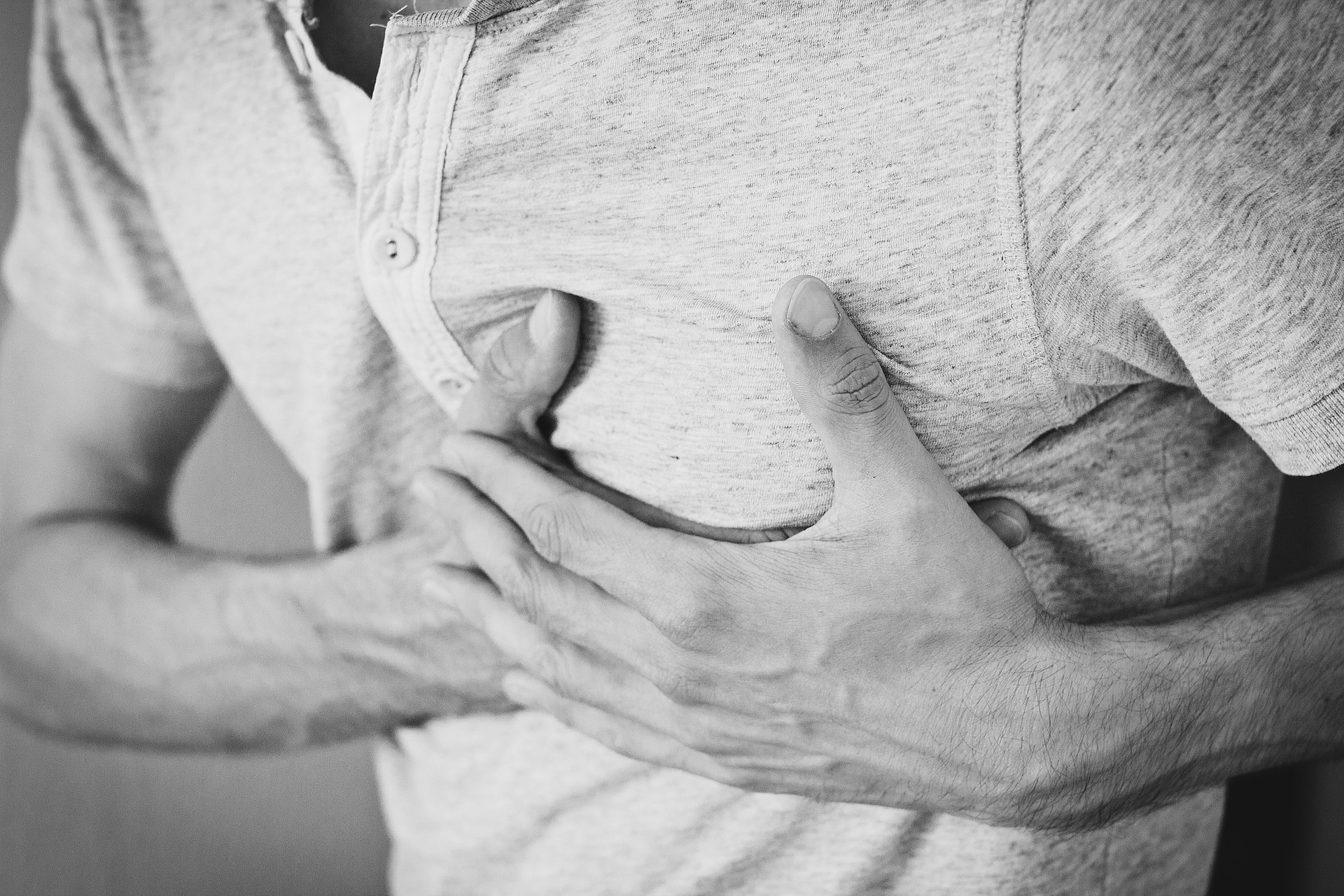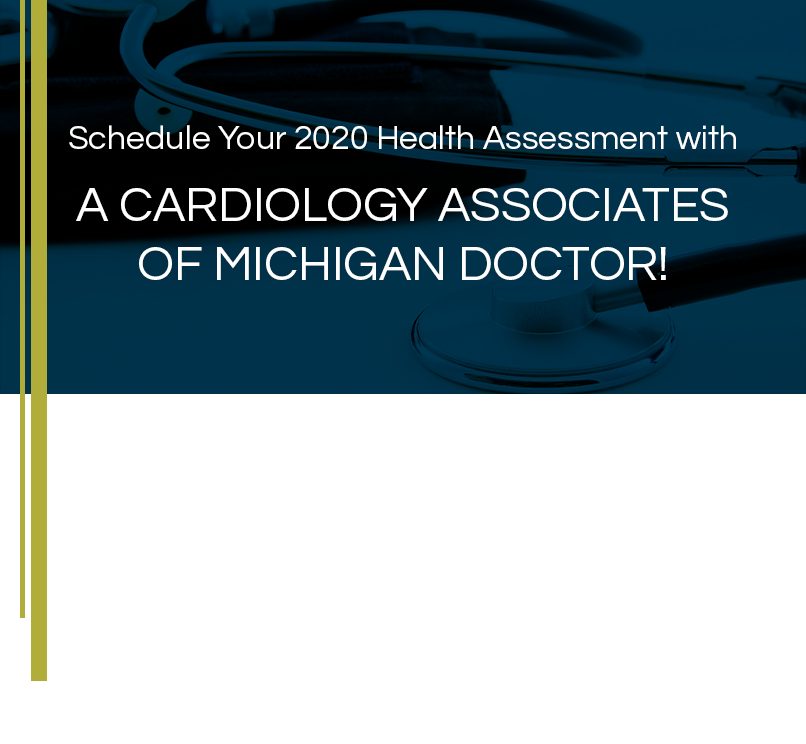Heart Palpitations: What They Are and the Possible Causes
You feel your heart beating at an incredibly rapid rate. You soon become slightly dizzy and panic as a result, which only increases your heart rate.
“What’s happening to me, and should I be worried?” you wonder.
The truth is heart palpitations can be caused by a variety of factors, and the severity ranges from harmless to urgent.
What Causes Heart Palpitations?
Heart palpitations are most often characterized by a rapid heartbeat that you can feel in your chest, throat, or neck. Sometimes, it may feel like your heart stops, is pounding, or is flip-flopping. They tend to last only last a few seconds, and are usually harmless.
Rarely, palpitations may lead to dizziness or even loss of consciousness, and they could possibly be a sign or symptom of a more serious problem.
There are many general causes of heart palpitations.
- Stress
- Panic or anxiety
- Depression
- Alcohol use
- Fear or other strong emotions
- Strenuous physical activity
- Use of some types of recreational drugs, over-the-counter drugs, or prescription medications
- Caffeine
- Nicotine
- Pregnancy
In addition to mental health factors, other health-related causes include:
- Thyroid Disease: Thyroid disease is based on the over- or under-functioning of the thyroid gland, located in the front of the neck. A common symptom of hyperthyroidism is a feeling of palpitations and a racing heartbeat.
- Low Blood Sugar: A rapid heartbeat could mean that your blood-sugar levels are too low.
- Anemia or Iron Deficiency: Anemia or iron deficiency negatively affect the flow of oxygen in your body.
- Arrhythmia: This heart disorder is characterized by a very fast heart rate, a very slow heart rate, or an irregular heart rhythm.
If You Experience Heart Palpitations
The first time you experience palpitations can be very scary, and you should take it seriously. Heart palpitations may be a sign or symptom of arrhythmia, irregular heartbeat, a heart attack, heart failure, heart valve disease, cardiomyopathy, or other heart problems. You should seek immediate medical assistance if your symptoms are severe. You should also follow up with a cardiologist in order to determine the cause of the heart palpitations and possible remedies.
If you experience palpitations that are not severe nor related to a serious medical condition, there are a variety of ways to prevent or reduce them. Reducing caffeine, nicotine, recreational drug use, or alcohol consumption can help. Other remedies may include stress-reduction techniques or seeing a mental health therapist to relieve anxiety attacks or panic attacks.





